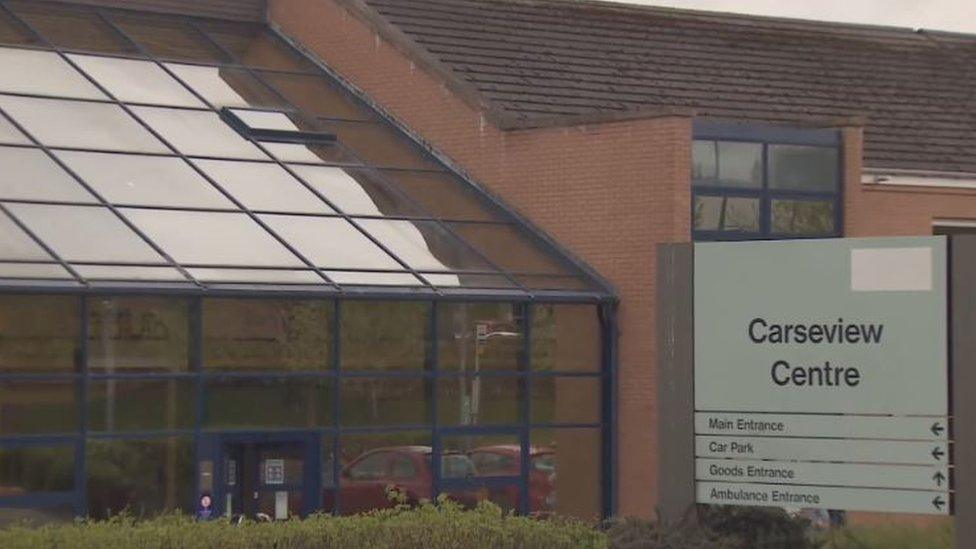NHS Tayside mental health staff endure 'fear and blame' culture
- Published
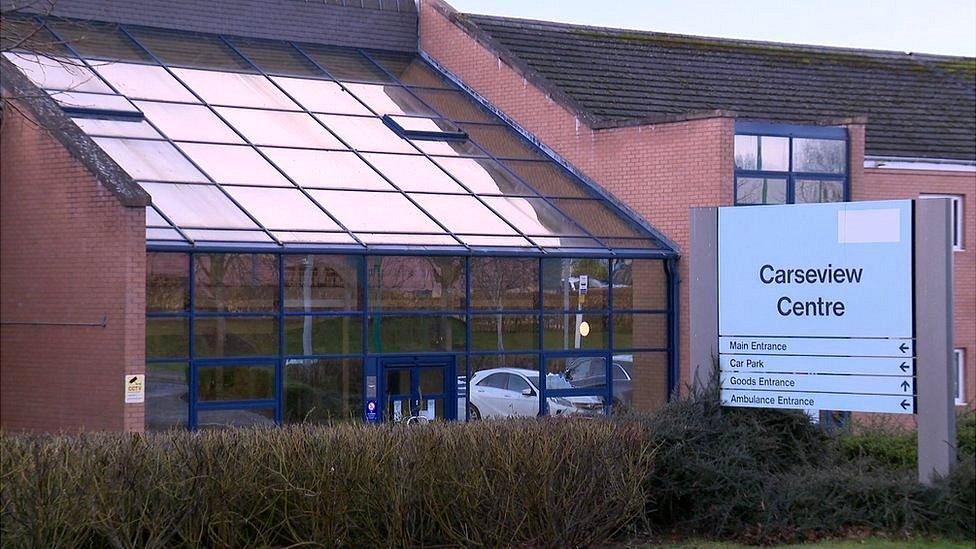
The investigation was originally ordered into Dundee's Carseview Centre but later expanded
Tayside mental health staff have been left "demoralised" by a "culture of fear and blame", a report has found.
The independent inquiry into mental health services in the region took evidence from more than 1,500 people.
It said there was a danger that NHS Tayside could be perceived to be "more interested in protecting its reputation than looking after the interests of its patients".
NHS Tayside said it welcomed the report which it "knew would be challenging".
'Breakdown in trust'
The report, which made more than 50 recommendations, external, said: "A breakdown in trust and a loss of respect has undoubtedly led to poor service, treatment, patient care and outcomes.
"The breakdown in trust and respect is caused by the lack of effective, engaged strategic leadership and planning."
It added that a "radical" approach to restoring trust was urgently needed.
The investigation was initially ordered into Dundee's Carseview Centre but was expanded following a campaign by families of people who took their own lives.
An interim report last year, external highlighted concerns over illegal drugs in wards and patient restraints, saying some patients were frightened of staff members.
The final 136-page report said it was clear there had been a breakdown of trust in "many aspects" of the provision of mental health services in Tayside.
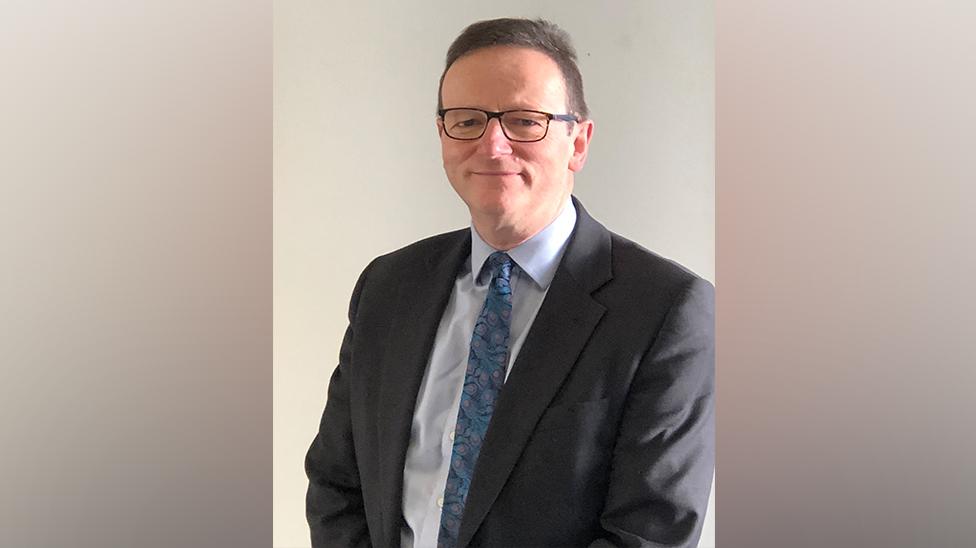
Report author David Strang said many patients felt they had "not been cared for properly"
The report said: "Frontline staff feel that the organisation is more interested in identifying who is to blame and attributing fault than genuinely learning in a supportive environment."
It said the "most striking failure of governance" was the lack of a mental health strategy for Tayside.
Services were said to be currently operating to a "short-term vision", with an emphasis on "reacting to increases in service demand".
The report, entitled "Trust and Respect", makes 51 recommendations, including conducting an "urgent whole-system review" of mental health and wellbeing provision across Tayside.
'Broken and vulnerable'
The report's author David Strang said rebuilding trust in Tayside's mental health services was a "big challenge but absolutely achievable".
He said: "Many patients have felt that they've not been listened to and cared for properly.
"They've felt judged and they've felt isolated, and many of them are already feeling broken and vulnerable.
"The culture in Tayside needs to change so that lessons are learned from things that have gone wrong in the past and long-term plans are put in place to improve services."
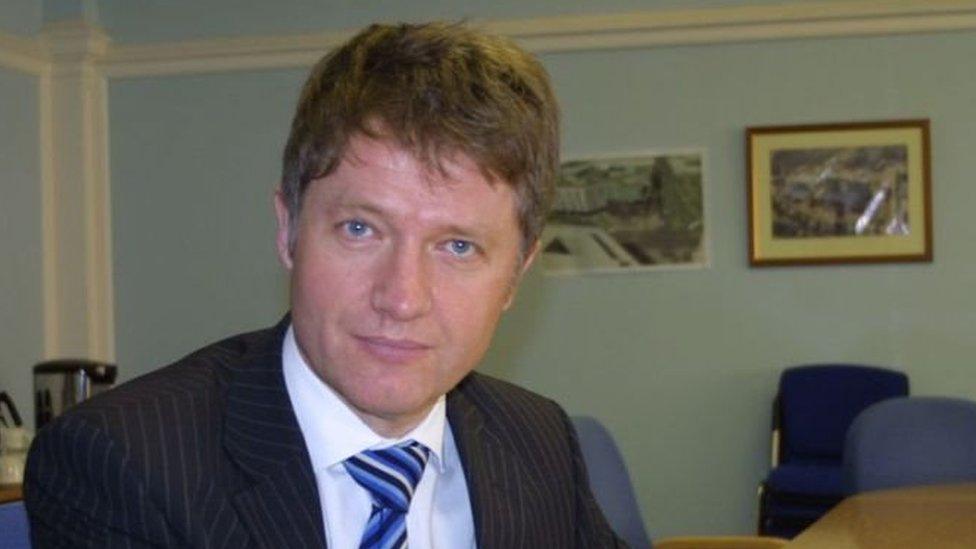
NHS Tayside chief executive Grant Archibald said the findings posed "major challenges for the organisation"
Mr Strang said many staff had also told the inquiry team that they felt "undervalued and that their voice isn't heard".
He added: "It's really important that people are put at the centre of healthcare and that they're listened to and valued."
Last week the Scottish government announced extra support for NHS Tayside to help the struggling health board make "significant improvements" in mental health care.
NHS Tayside chief executive Grant Archibald said the report's findings posed "major challenges for the organisation" but that the board was "fit to rise to meet those".
He apologised to anyone who had been "let down by experience of our service."
Mr Archibald said: "Our commitment is always to put the patient at the heart of our service, to give them the care they should expect, to make them feel cared for and professionally managed."
Immediate action
Mental Health Minister Clare Haughey said: "It is absolutely vital that people using mental health services, as well as those delivering these services, feel safe and know they will receive the right help, in the right place when they need it."
She said she had received assurances immediate action would take place as a result of the report and there would be a progress update in February 2021 to ensure required improvements had been made.
She added that the Scottish government had provided further support to NHS Tayside, addressing service provision, clinical practice, organisational development and community-led services, and would monitor its progress.
Cosla's health and social care spokesman, councillor Stuart Currie, said: "Cosla will work alongside Scottish government, NHS boards, local authorities and integration joint boards to allow for learning from the Strang report to be implemented across Scotland."
He said there would be a continued focus on working together, and collaborating with those who used the services and their families.
- Published22 May 2019
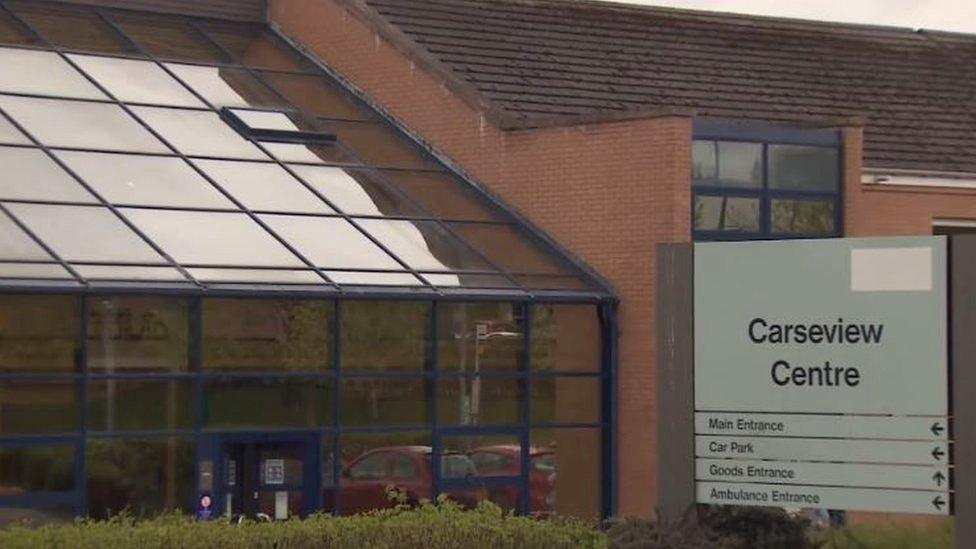
- Published18 April 2019
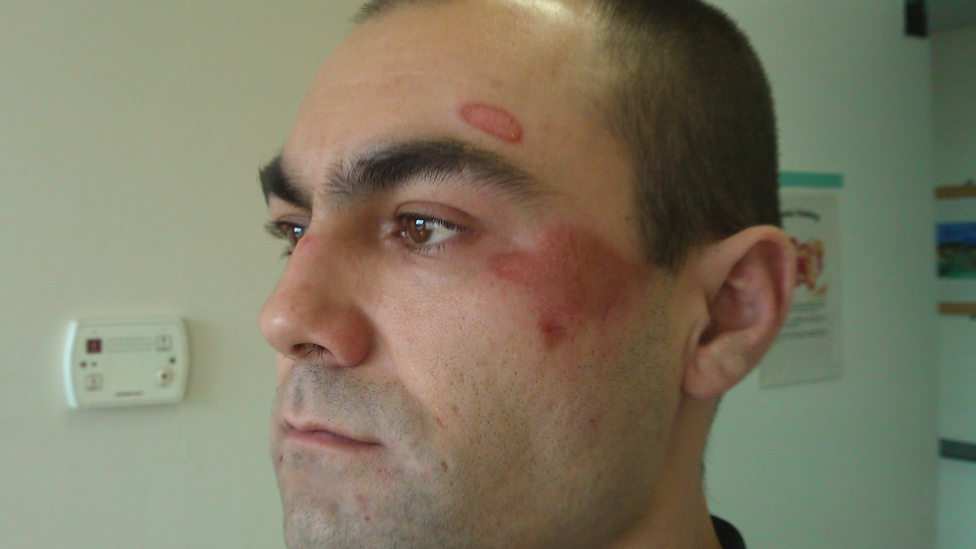
- Published5 September 2018
